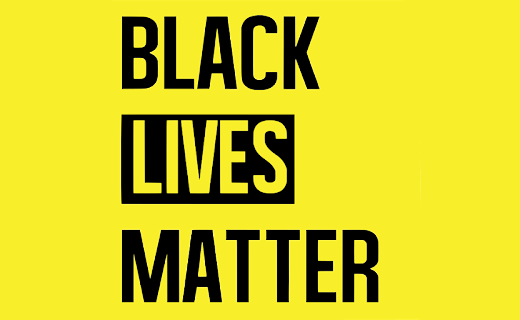
I am no politician or social commentator, but as the white owner of a business which is involved in teaching hundreds of young people, I believe it is important to speak out and show solidarity with the Black Lives Matter movement.
It’s hard to comprehend that protests are still needed to break down the barriers of racial inequality in Britain in 2020. But they are.
When many people think of racism, the first thing that springs to mind is overt name-calling. I’m talking ‘in-the-street’ abuse with no shame or fear of recrimination and all the behaviours that would go along with that: white families not allowing their children to mix with black children, mocking their family’s accents or behaviour and general discrimination. We have – in the main – moved on from this in the UK.
This is NOT what I understand the Black Lives Matter protest to be about.
As I understand it, what the BAME community faces now is what I would call silent racism. Hidden barriers to equality that are often very difficult to pinpoint. Deep-rooted – often subconscious – attitudes that white people in power hold about black people, affecting education, healthcare, law enforcement, professional opportunities and more.
Why are some areas of our society not equally enjoyed by all UK citizens? What are the barriers?
Now we are finally finding out. We are finding out because the Black Lives Matter movement is empowering the BAME community to speak out about their experiences. Individuals and organisations are being given prime time news and television coverage to explain their experiences of racism and how they have made them feel. Their stories, collectively, are building a picture of a society that is not as equal as many people thought.
Things need to change.
We don’t shy away from matters of race and religion in a StageAbility drama class. We explore how our own actions have an affect on other people, and how each of us would feel in another person’s shoes in a number of different situations, often based on current affairs.
But I believe we need to go further than this. I need to look at whether the ethnicity of our students truly represents the diversity of the town that the class is held in and if not, I need to find out why. I need to understand the barriers.
I need to look at some of the topics we teach and consider whether or not they are accessible and likely to be enjoyed by and understood by all of our students. In class, do we talk about positive and inspiring role models from all ethnicities or are all of them white? I don’t know. Not intentionally, but I need to find out and I need to be pro-active in making this happen.
And there is so much more…this is just the beginning.
As the wife of a black-Caribbean man and as a white mother to two mixed-race children, I feel ashamed that it has taken the death of George Floyd in the United States for us all to wake up and speak out about the hidden racism in the UK. There have been many instances across the years that we have ‘brushed off’ as a family – even laughed at – so as we didn’t make a fuss or create an uncomfortable scene, but the BLM movement has empowered us, and families like us, to have our voices heard, too. As a society and most importantly, as individuals, we need to commit to making the changes that are needed to create a better future for everyone, regardless of the colour of their skin.
How you can help
#blacklivesmatter